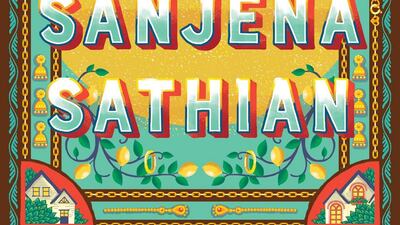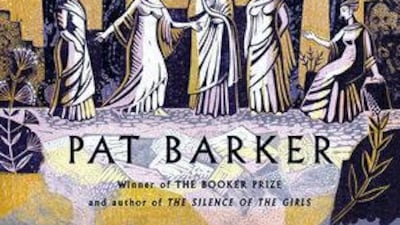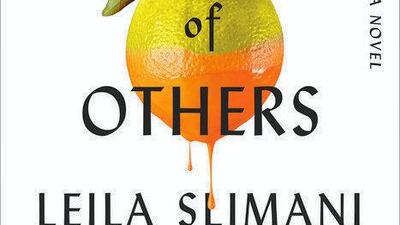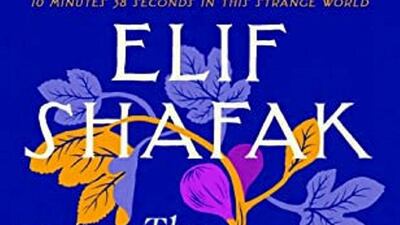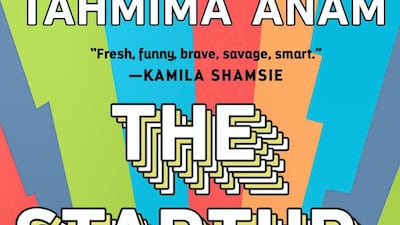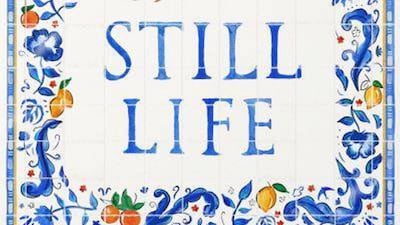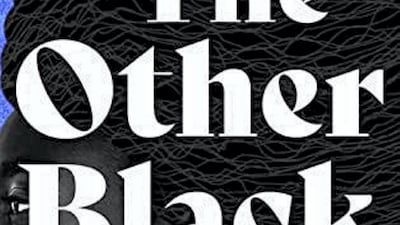Indian writer Geetanjali Shree and American translator Daisy Rockwell have won the International Booker Prize for Tomb of Sand, a vibrant novel with a boundary-crossing octogenarian heroine.
Originally written in Hindi, it’s the first book in any Indian language to win the high-profile award, which recognises fiction from around the world that has been translated into English. The $63,000 prize money will be split between Shree, who lives in New Delhi and Rockwell, who is resident in Vermont.
Originally published as Ret Samadhi in 2018, the novel tells the story of an Indian woman who, at the age of 80, slips into depression after her husband’s death and travels to Pakistan to confront, as the book’s blurb describes, “the unresolved trauma of her teenage experiences of Partition, and re-evaluating what it means to be a mother, a daughter, a woman, a feminist".

The work was hailed by Booker judges to be “an urgent yet engaging protest against the destructive impact of borders, whether between religions, countries, or genders".
Translator Frank Wynne, chairman of the judging panel, said the judges “overwhelmingly” chose Tomb of Sand after “a very passionate debate” and called it "an extraordinarily exuberant and incredibly playful book.”
“It manages to take issues of great seriousness — bereavement, loss, death — and conjure up an extraordinary choir, almost a cacophony, of voices,” he said. “It is extraordinarily fun and it is extraordinarily funny.”
The International Booker Prize is awarded every year to a translated work of fiction published in the UK or Ireland. It is run alongside the Booker Prize for English-language fiction.
Who is Geetanjali Shree?

Born in Mainpur in India in 1957, Shree spent her childhood in different towns in the northern state of Uttar Pradesh, where her father was posted as a civil servant. She received her education in local English-medium schools, but growing up in Uttar Pradesh instilled a deep attachment to Hindi.
“My link to Hindi language and literature was informal and personal,” she told Indian magazine Outlook in February. “My mother spoke almost only Hindi. All around me in the Uttar Pradesh towns, there was so much of Hindi. We also read, in my childhood, more Hindi magazines for children than English-school-going kids today.”
The scarcity of English-language children’s books, Shree said, was “a blessing in disguise” as it gravitated her towards tales from the One Thousand and One Nights, the ancient Indian epics Ramayana and Mahabharata, the folk tales and fables of Panchatantra and Kathasaritsagara, and the fantasy adventure Chandrakanta Santati.
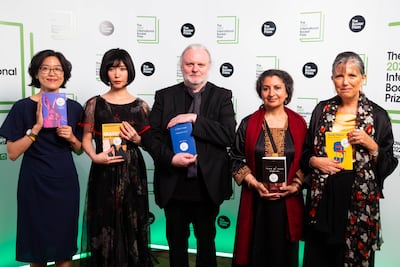
Shree also has a profound relationship with her mother, she told the magazine. So much so that she adopted her mother’s name as her second name.
She moved to Delhi for her college education, studying modern Indian history but already “feeling the tug towards Hindi literature".
“In the absence of a formal Hindi education, history was the viable option, but I began doing tutorials using Hindi literature for the study of history and such like.”
Shree burst into the Hindi literary scene with the publication of her short story collection Anugoonj in 1991. Since then, she has published another collection of short stories as well as three novels. Her works have received a number of awards and have been translated into English, French, German, Serbian and Korean.
“Writing is its own reward. But getting recognition as special as from Booker is a wonderful bonus,” Shree told the The Indian Express newspaper. “The fact that there is much that is dismal all around in the world today, adds to the value of positive vibes of fields like literature.”
Rockwell had earlier described the novel as “a rich, beautiful, experimental work".
“It was an honour to work with Geetanjali Shree to create the English translation. I am beyond thrilled that the International Booker Prize jury has chosen our book for the longlist.”
The longlist
The 2022 longlist featured works by previous winners, including Olga Tokarczuk, Jennifer Croft, David Grossman and Jessica Cohen, alongside authors translated into English for the first time.
It included Paradais by Mexican author Fernanda Melchor; Heaven by Japanese author Mieko Kawakami; Love in the Big City by South Korean writer Sang Young Park; Happy Stories, Mostly by Indonesian Norman Erikson Pasaribu; Elena Knows by Argentine Claudia Pineiro; The Book of Mother by French author Violaine Huisman; More Than I Love My Life by Israeli author Grossman; Phenotypes by Brazilian Paulo Scott; A New Name: Septology VI-VII by Norwegian Jon Fosse; After the Sun by Danish author Jonas Eika; The Books of Jacob by Polish writer Tokarczuk; and Cursed Bunny by South Korean Bora Chung.
— A version of this story was first published on March 14, 2022. Additional reporting by AP


